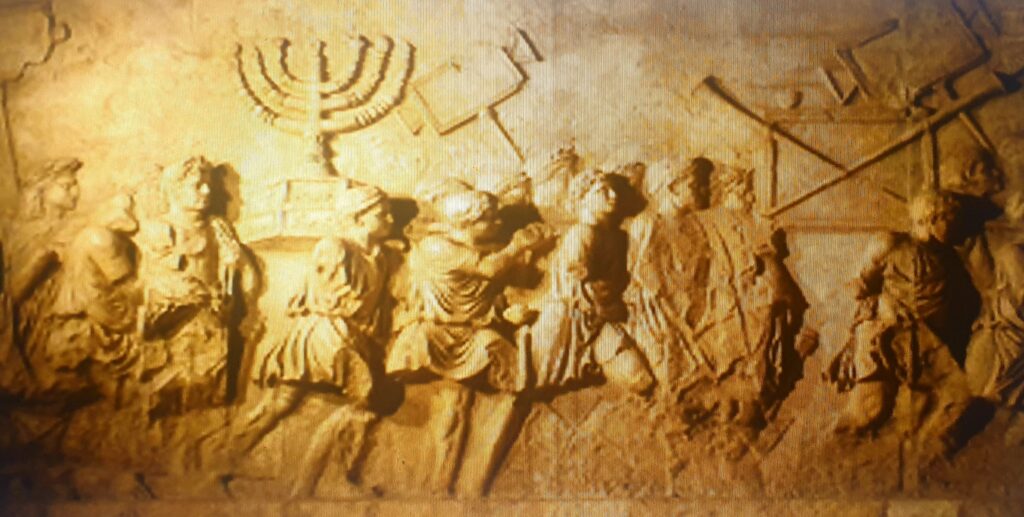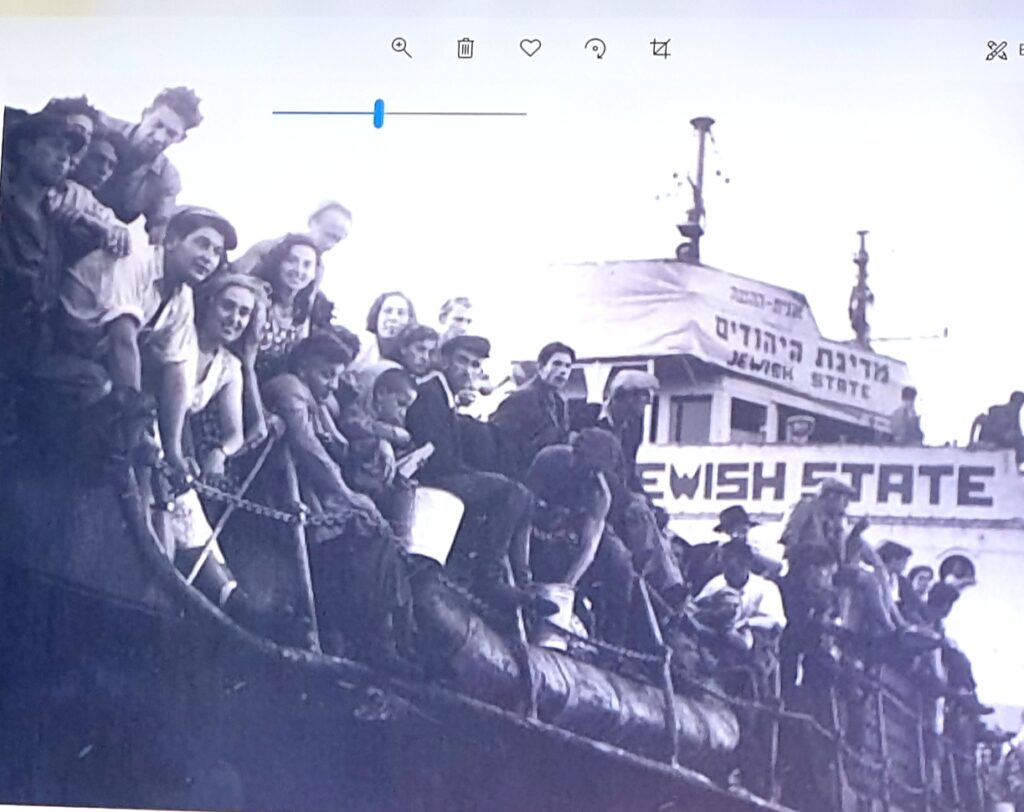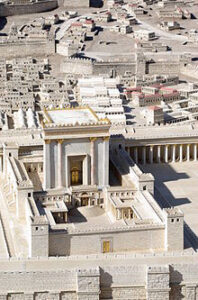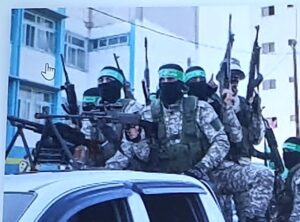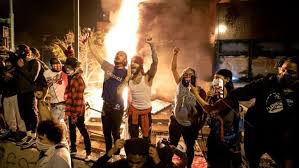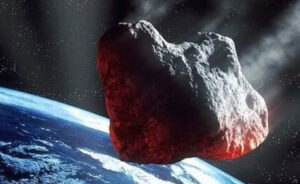With war in Gaza raging, tensions in East Jerusalem and in Judea and Samaria, (aka the West Bank territories) are escalating with the start of the holy month of Ramadan, particularly on the Temple Mount. Located in east Jerusalem’s Old City, the Al-Aqsa Mosque compound on the Temple Mount is considered the third holiest site in Islam, while to the Jews it is the most holy site as the location of the two ancient Holy Temples.
Even after Israel won the Six Day War and conquered and annexed east Jerusalem in 1967, including the Temple Mount, the Muslim religious facilities of the Temple remained under the administration of the Waqf, dedicated to Muslim religious purposes. All Islamic religious activity has remained under Jordanian control since the cease-fire of the 1948 war of Israel’s independence.
In Islam, the holiday of the Ramadan fast (and feasting every night) observed by millions of Muslims around the world is supposed to be a time of prayer, reflection, and community. The Muslims believe that during this holy month, their holy book, the Quran, was revealed to the Prophet Muhammad.
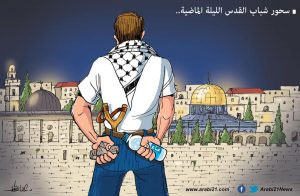
However, since Israel gained control of the grounds of the Temple Mount, each year, the time of Ramadan has become particularly inflammatory. Every year violence erupts on Ramadan as Palestinians use the compound and even the mosque itself to riot and throw rocks in provocation of Israeli forces who are there to keep law and order. When Palestinian rioters are injured and many are arrested as a result of Israeli police dispersing rioters, even more violence ensues.
Image above: Cartoon by Alaa’ al-Laqta. Right: Incitement to violence. The Arabic reads, “The meal of young Jerusalemites before the Ramadan fast” (Alaa’ al-Laqta’s Facebook page, April 23, 2021).
In 2022 and 2023 during Ramadan, inspired by Hamas and carrying Hamas flags, Palestinian terrorists shot, stabbed, and threw bombs on Israelis praying at the Western Wall below. PA (Palestinian Authority in Judea and Samaria) President Mahmoud Abbas negated any Jewish connection to Jerusalem by declaring, “We alone have the religious, historical, and legal right to Al-Buraq Wall (the Western Wall).”
Ramadan is not like any holiday in other religions. Rather than being a month of peace and harmony, it is a month of war and violence. From Islam’s beginnings, Ramadan was a time to wage war.
History of Ramadan
In 624 CE, during Ramadan, the Prophet Muhammad waged his first jihad (holy war). In 632, during the month of Ramadan, Muhammad attacked and conquered the city of Mecca with its Kaaba stone, which is Islam’s most holy site today.
Throughout the centuries, Muslims have waged wars and conquests during Ramadan. A few more examples are:
- The conquest of Rhodes in 653 CE
- The invasion of Spain in 710 CE and
- Battles against the Crusaders over Jerusalem led by Salah Al-Din in 1187 CE.
- In 1260, Muslims defeated the Mongols in Palestine (now Israel,)
- In the 20th century, between 1962 to 1970, during the Yemeni Civil War, Muslims fought each other through nine Ramadans.
- In 1973 on the Jewish holy day of Yom Kippur, Egypt and Syria, on Ramadan launched a surprise attack on Israel. The Israelis call it the Yom Kippur War whereas they call it the Ramadan War.
- In 1981, Iran rejected an offer for a Ramadan cease-fire from Iraq, and a year later attacked Iraq in what they called, “Operation Ramadan.”
- Likewise, in 1987, Iran again rejected an offer of a Ramadan cease-fire from Iraq.
- In Israel, Palestinians rioted from the years 1987 to 1993 during six Ramadans. From the 1990s and well into the beginning of the 21st century, during Ramadan, Muslims continued to war in other locations than just in Israel. For example, widespread fighting occurred in Kashmir when Muslims rejected a Ramadan cease-fire offered by India as a step for peace.
Ramadan Today
Now, at the start of Ramadan, as the war in Gaza continues, Hamas is calling for violence against Jews.
In a speech prior to the start of Ramadan which began on March 10th, Hamas political leader, Ismail Haniyeh, incited Palestinians in Jerusalem, Judea, and Samaria to storm the Al-Aqsa mosque on the Temple Mount.
Haniyeh also called for the Iran-aligned “Axis of Resistance” members including Hezbollah, the Houthis, and various Iraqi Shia militias to escalate their attacks against Israel. A spokesman for Palestinian Islamic Jihad (PIJ), another Iranian-backed Palestinian terror group, called for a “month of terror” against Israel during Ramadan.
It is obvious that Hamas, under the guise of this holiday, intends to inflame religious tensions and increase attacks against Israelis, so the month of Ramadan begins the second phase of their plan that began on October 7th. Unfortunately, also the PA has increased incitement against Israel during this fragile period.
Unlike Hamas, Israel intends to do everything possible to decrease tension and prevent violence during this volatile time. Israel’s policy is to maintain religious freedom and access to holy places for all religions, including access for Palestinians and Israeli Arabs to Muslim holy sites on the Temple Mount.
